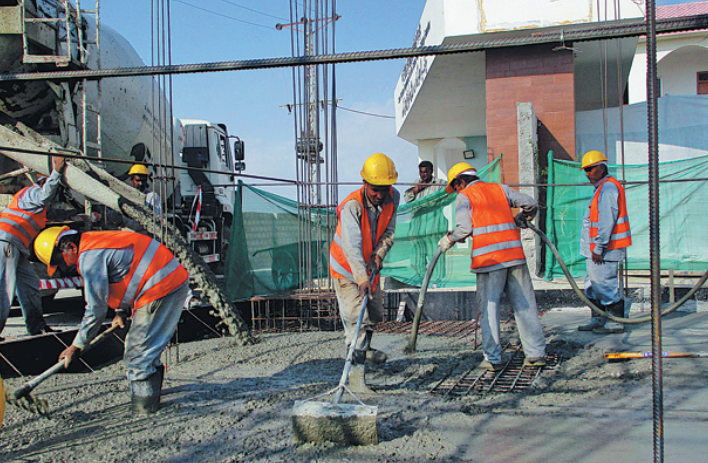Pakistan province to gain from special economic zone


One of Pakistan's most remote provinces is looking to reap the benefits of a China-backed special economic zone.
Khyber Pakhtunkhwa, which shares a border with Afghanistan, is regarded as a gateway province to Central Asia.
Representatives from China and Pakistan early this month signed a memorandum of understanding for the development of the economic zone in the northwestern province. A signing ceremony was held in the office of Prime Minister Imran Khan, who formally inaugurated the program.
The Rashakai Special Economic Zone-the first of nine such zones proposed for Pakistan-will take shape as part of the China-Pakistan Economic Corridor, or CPEC.
According to official documents, the China Road and Bridge Corporation and the Khyber Pakhtunkhwa Economic Zones Development and Management Company are to jointly implement the Rashakai Special Economic Zone project.
The Rashakai SEZ is expected to cover about 406 hectares, and will be developed in three phases that include what is described as a textile industrial and mechanical complex, among other facilities.
Construction of the industrial complex is expected to generate 18,000 jobs in the coming years, and the zone itself may create 50,000 jobs for skilled Pakistanis after it becomes fully functional, according to official sources.
Jobs boost
"The zone will change the destiny of the area by bringing in employment opportunities for the general public," Khan said at the signing ceremony for the Rashakai SEZ.
Traditionally, the people of the region have to leave their families behind to find employment in other parts of the country and overseas.
"I am sure that the formation of the SEZ will enhance industrialization in the province, and that the people of this region will find suitable jobs without having to leave their homes in pursuit of livelihoods," Khan said.
Khyber Pakhtunkhwa is Pakistan's third-most populous province, and boasts the third-largest economy among the provinces. It contributes 10.5 percent to gross domestic product in Pakistan.
With the establishment of Rashakai zone, industries as diverse as marble extraction and tobacco production, as well as other agricultural activities, are projected to receive a boost.
Some 78 percent of Pakistan's marble output comes from Khyber Pakhtunkhwa, which is the leading province for the timber and tobacco industries. The province is also rich in minerals. The literacy rate in the province is 50 percent of the population, and its human development index-a measure of development-stands at 0.48.
"All of the industries in the region will get a boost following the setting-up of the Rashakai Special Economic Zone," said Shahid Hussain, senior vice-president of the Sarhad Chamber of Commerce and Industries. "They will get easy access to the international market once this zone become operational."
Benefits for fruit growers are also being eyed, along with gains for companies engaged in food packaging and textiles.
Bao Zhong, an official with China's embassy in Pakistan, said the development of the Rashakai SEZ marks another milestone for the China-Pakistan Economic Corridor.
China will extend every possible support to Pakistan to make sure it gets maximum benefit from the CPEC, Bao said. "I am sure that the Rashakai Special Economic Zone will generate more jobs for young people in the region and boost the province's economic growth and potential."
The writer is a freelance journalist for China Daily.

































